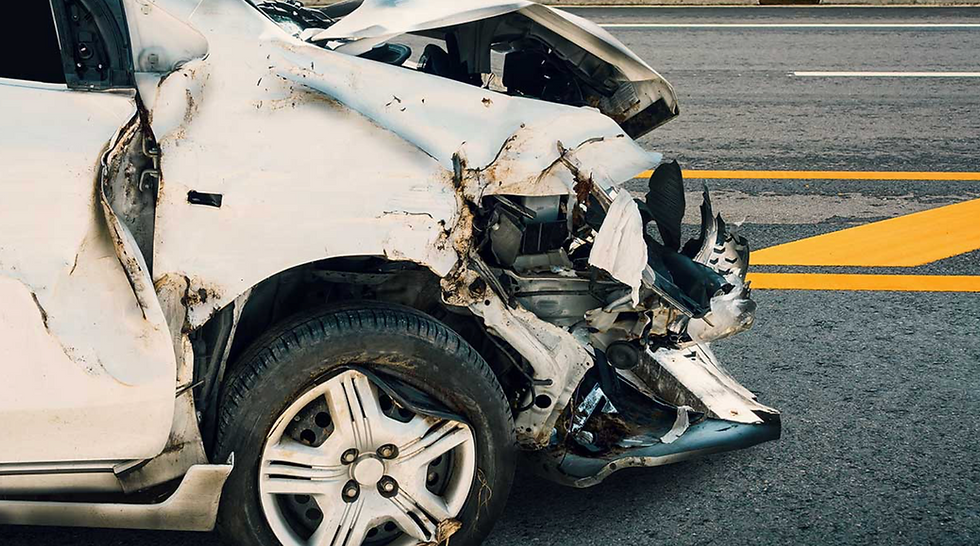I Slipped and Fell at a Grocery Store in Florida — What’s the Next Step?
- Jason Galdo
- Oct 10, 2025
- 3 min read

A practical guide from Stockwell Law
A fall in a grocery aisle can turn a normal day into doctor visits, missed work, and a lot of questions. Here’s a clear, Florida-specific checklist to protect your health and your claim.
1) Get medical care first
Even if you feel “okay,” get checked the same day. Many injuries (head, neck, back, hip, shoulder, wrist) reveal themselves hours or days later. Follow your provider’s advice and keep copies of all records and bills.
2) Report it before you leave
Ask for a manager. Calmly report where and how you fell and request an incident report. If they prepare one, ask for a copy or at least the report number and the manager’s name. Note the exact aisle/area and time.
3) Preserve evidence immediately
Photos/Video: Take wide and close shots of the hazard (liquid, produce, leaking cooler, floor mats), your clothing and shoes, and the store’s warning cones/signs—or lack of them.
Witnesses: Get names and phone numbers of anyone who saw the fall or the hazard beforehand.
Shoes & clothing: Keep them unwashed in a bag; treads and residue can matter later.
Your notes: As soon as you can, write down what happened, where the hazard came from (if known), and anything staff said.
4) Ask the store to save camera footage
Politely tell the manager you want the surveillance video preserved for the period before and after the fall. Many systems overwrite quickly, so time matters. Your lawyer can also send a formal preservation (spoliation) letter.
5) Do not give detailed statements or sign forms on the spot
Be respectful, but avoid speculation like “I wasn’t watching” or “It’s my fault.” Florida uses modified comparative negligence—any admitted fault can be used against you, and being more than 50% at fault can bar recovery in most negligence cases.
6) Understand Florida’s grocery-store slip-and-fall rule
In Florida, if you slip on a transitory foreign substance (think spilled liquid, dropped food), you must show the store knew or should have known about the dangerous condition and didn’t fix it in time. You can prove “constructive knowledge” with circumstantial evidence—e.g., the spill was there long enough that staff should have noticed, or the condition happened regularly.
Helpful proof can include: dirty footprints or cart tracks through the spill, employee inspection logs, prior complaints, or a recurring leak.
7) Call a lawyer early
An attorney can move fast to request video, secure inspection records, track down witnesses, and handle all insurer communications while you focus on recovery. At Stockwell Law, we also organize medical proof and present a detailed demand when you’re clinically stable.
8) Watch the deadline
For negligence claims accruing after March 24, 2023, Florida’s statute of limitations is generally two years. Missing it can end your case.
What we do at Stockwell Law
Investigate quickly: secure surveillance, inspection logs, employee schedules, and maintenance records.
Build your proof: photos, witness statements, medical records, lost wages, and future care.
Handle the process: all adjuster calls, preservation letters, and negotiations—ready to file suit if needed.
Take care of your health, document everything, and get help early. If you were hurt in a Florida grocery store, contact Stockwell Law for a free consultation. We’ll explain your options, protect the timeline, and get to work.




Comments